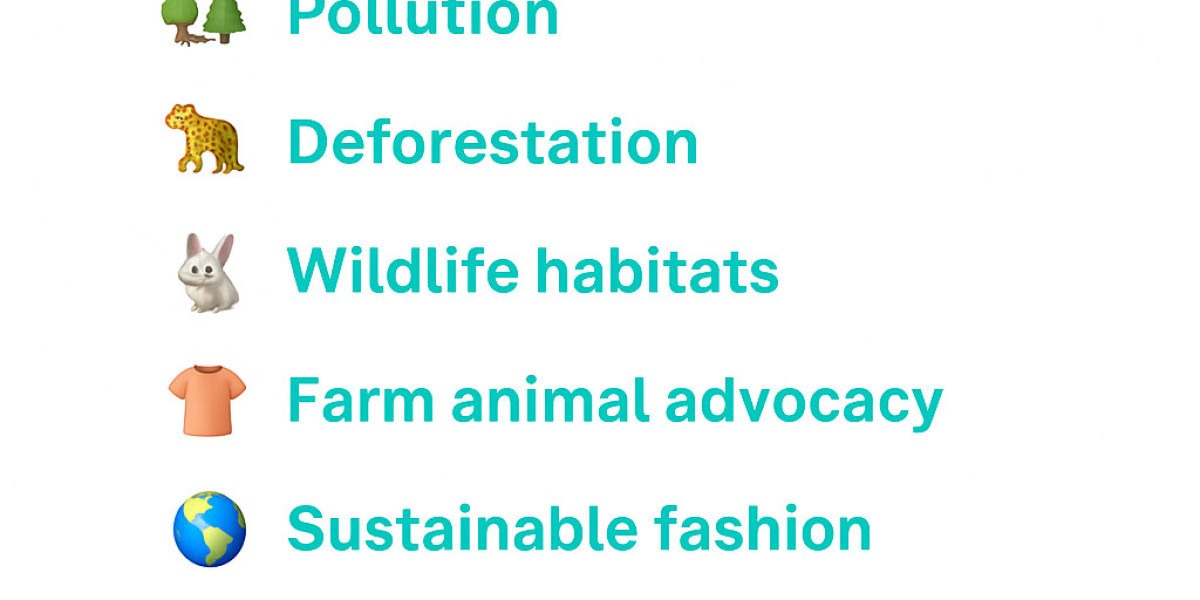The concept of "zero waste" is transforming the way people think about consumption and the environment. At its core, zero waste is a lifestyle and philosophy aimed at minimizing the amount of waste we send to landfills and incinerators. Instead of treating waste as an inevitable byproduct of modern living, the zero waste approach encourages us to rethink, reduce, reuse, and recycle every material we use.
As the global waste crisis continues to grow—with overflowing landfills, plastic-choked oceans, and polluted communities—adopting zero waste practices has become more than just a trend. It’s a necessary shift toward a sustainable and responsible way of life.
What Is Zero Waste?
Zero waste doesn't necessarily mean producing no waste at all. Rather, it aims to design and manage products and processes in a way that systematically avoids and eliminates waste. This can be applied on both individual and systemic levels.
The five core principles of zero waste, often referred to as the 5 R’s, are:
- Refuse what you don’t need
- Reduce what you do use
- Reuse what you can
- Recycle what you can’t refuse, reduce, or reuse
- Rot (compost) the rest
By following these principles, individuals and communities can significantly reduce their environmental impact.
Why Zero Waste Matters
- Reduces Pollution
Most household waste ends up in landfills or is incinerated. This process releases methane, a potent greenhouse gas, and other toxins that pollute the air, water, and soil. A zero waste approach reduces the need for landfills and incinerators. - Conserves Natural Resources
Producing goods from raw materials depletes the Earth’s resources. When we reduce and reuse, we help conserve water, trees, fossil fuels, and minerals. - Fights Climate Change
Manufacturing, transporting, and disposing of goods all contribute to greenhouse gas emissions. A zero waste lifestyle cuts down on unnecessary production and consumption, reducing carbon footprints. - Saves Money
Many zero waste habits—like buying in bulk, repairing instead of replacing, and reusing containers—help people save money while being eco-friendly. - Promotes Mindful Living
Living zero waste encourages conscious decision-making, helping individuals break free from the cycle of overconsumption and convenience culture.
Simple Ways to Start a Zero Waste Lifestyle
You don’t need to overhaul your life overnight. Small changes can make a big impact over time. Here are some practical steps to begin your zero waste journey:
- Use Reusables: Carry a reusable water bottle, coffee cup, shopping bag, and food containers. Avoid single-use plastics like straws, utensils, and cling film.
- Buy in Bulk: Purchase grains, nuts, and dried fruits in bulk using your own containers to avoid excess packaging.
- Shop Secondhand: Thrift shops, online marketplaces, and clothing swaps reduce demand for new products and extend the life of existing ones.
- Compost: Turn food scraps and yard waste into compost to enrich the soil and reduce methane emissions from landfills.
- DIY Products: Make your own cleaning supplies, skincare products, and even snacks to reduce packaging and control ingredients.
- Digital Receipts and Bills: Opt for paperless transactions to reduce paper waste.
The Role of Communities and Businesses
While individual actions are crucial, businesses and governments also play a key role in achieving a zero waste future. Companies can reduce packaging, design recyclable products, and support circular economies. Cities can invest in composting programs, recycling facilities, and public awareness campaigns.
By creating supportive systems, communities can make zero waste living more accessible and effective for everyone.
Conclusion
Zero waste is not about perfection—it’s about intention. It’s a journey of progress, not an end goal. Every step we take toward reducing waste contributes to a cleaner environment, a healthier planet, and a more sustainable future. Whether you start with reusable bags or commit to a fully waste-free home, your efforts matter. Together, we can build a world where waste is not the norm, but the exception.



